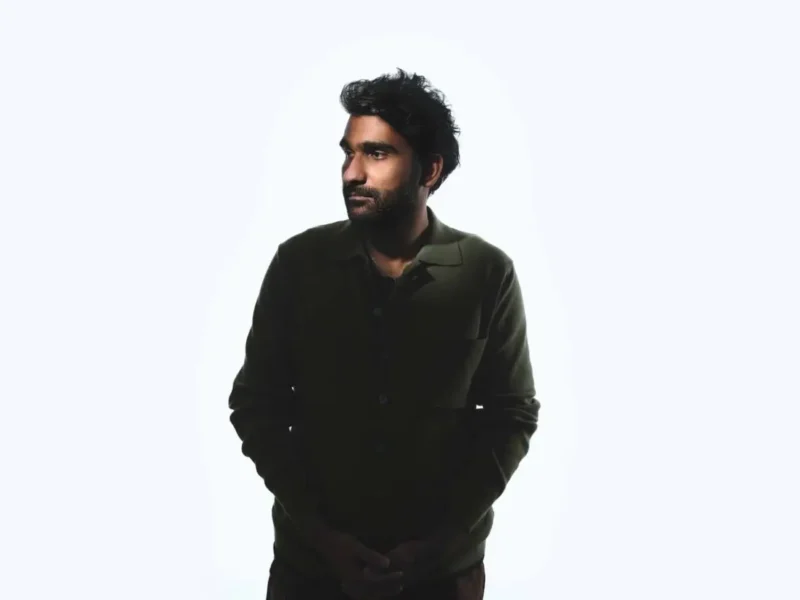
‘Closet Writer’ Ranveer Singh Talks About the Power of Tragic Humor
BY AKSHAY ACHARYA
MUMBAI, (IANS) – Ranveer Singh, whose latest film ‘Jayeshbhai Jordaar’ has dropped in theatres, has a penchant for different forms of humor, more so tragic humor, and satire which the film hinges on. For him, satire and tragic humor are sharp weapons for making a social commentary in the face of a crisis.
The actor, who has always been a “closet writer” and has earlier worked as a copywriter with advertising agency Ogilvy & Mather, spoke about the art of satire’
“I love satire. I am a closet writer as well, so satire, tragic humor and black comedy are some of my favorite themes of humor as a writer. There is something about satire that I absolutely love. When you have so much to say when there is a social commentary to be made and it’s told in the most humorous ways it suddenly changes the equation entirely.”
He added, “Tragic humor is the most potent kind of humor. Like Mr. Charlie Chaplin – he is the pioneer of tragic humor as his films were made in times of war and social crisis. He presented the dark realities of the world in such a humorous and entertaining way that you could not just help but laugh and marvel at the excellence of that man to draw your attention to a problem.”
This is the second time he’s playing a Gujarati man, nine years after ‘Goliyon Ki Raasleela Ram-Leela’, where he played the passionate lover. Jayeshbhai, however, is cut from a different cloth. Despite being from a small town, the character is aware of his social responsibilities and does everything in his capacity to fight the evil of gender discrimination.
Probe him about his reference point for his character in the film and Ranveer points to Divyang Thakkar, the debutant director who has helmed the film’, “Divyang was my reference point for this character. He is a pakka Gujju bhai and unconsciously or subconsciously he has written a lot of himself into the character, and I could sense that with the passion and the intensity with which he used to speak about the character.”
Ranveer understands where his characters are coming from as he is a closet writer himself, “The mind of a writer in me is constantly at work even while I am performing as an actor in front of the camera. 10 out of 10 times it has led to contributing something more. I understand it’s not my creation, but I can certainly add some value from my side given my affinity for the craft of writing.”
He feels grateful to have collaborated with writers and directors who have welcomed his inputs for the greater good of the film. After all, films are a collaborative art. He says, “Fortunately, I have worked with writers who have incorporated my dialogue suggestions and directors who have always invited my inputs.”
“So much so that they have told me at times that, ‘you have contributed substantially that you deserve a credit for additional dialogue writing’, which I have gracefully turned down because I feel it’s just a suggestion and not something that I have created from scratch. I see it as a part of what I do as an actor”, he adds.
“When I walk into a film set, I make sure that I am there 100% not just as an actor but in every possible way and contribute something from my skill set. Having said that, I would like to mention that I have never jammed on screenplays with the writers because that’s not my forte. Dialog writing is something I have a natural flair for as I can gauge how a particular line or a dialogue will land on the subconscious of the audience”, Ranveer concluded




